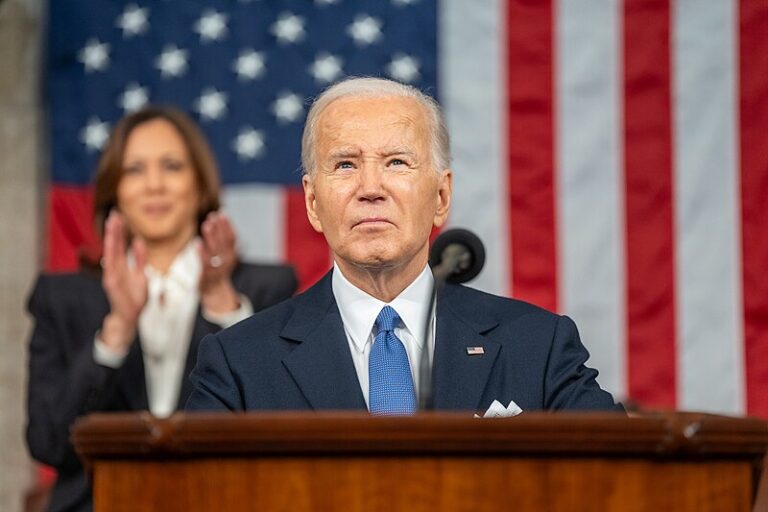More than 300 Mexican women have documented their experiences with forced sterilization at the hands of Mexican population controllers, and an activist group claims to have gathered evidence of “thousands” more.
“Women are being trampled. Their rights are being trampled,” said Jorge Serrano Limon, director of Pro-Vida, the Mexican group which has been investigating the issue.
“Sterilizing our population against its will is a complete violation of human rights,” he said. “’We want to make an anguished appeal to the President to step this genocide,” he said. “We can’t let it happen that after these campaigns we are going to have a sterile Mexico.”
Pro-Vida held a press conference in Mexico City at which Rocio Garrido, a woman from the Puebla State, told of how she had been threatened with sterilization when she went to the hospital to deliver a baby.
Rocia reported that she later discovered an Intra-Uterine Device had been inserted into her womb without her consent. Hospital records back up her account. More than 40 other women from Puebla state sued the state health institute earlier this year for allegedly planting IUDs in them without their consent or knowledge. Some claimed to have been infected during the unauthorized procedures.
A spokesman for the Mexican Ministry of Health denied any government campaign to force women to be sterilized.
(Mexico forcibly sterilizing, Reuter, 11 October 1996.)
In a surprising switch from the traditional Chinese preference for sons, increasing numbers of young urban residents say they prefer daughters, according to a recent survey.
The study, which polled 51,000 residents of such booming cities as Beijing, Shanghai, Tianjin and Nanjing, indicated that 22.6 percent of those under 30 favor a baby girl, while only 10 percent wanted a boy.
China watchers cast some doubt on the validity of the findings, noting that 67 percent of those polled expressed no preference.
Would the average Chinese citizen truthfully answer a question concerning the desired sex of his or her future child when the query is posed by a representative of the same regime that has mandated the one-child policy?
Perhaps a more accurate picture of how the Chinese really feel about the sex of their offspring was revealed in a tragic event that took place just days after the survey’s release.
A 36-year old farmer in eastern China, who had attempted suicide after his wife gave birth to a daughter, succeeded in taking his own life after she had another girl.
(Survey, UPI, 10 September; Suicide, Reuter; 16 September)
Another census has found fewer people than population “experts” had expected. Similar to earlier surveys of Mexico, Venezuela and Nigeria, Lebanon’s first census since 1932 reported a population of 3.1 million, much lower than earlier estimates.
The discrepancy was attributed to underestimates of the number of people killed in the 1975-1990 civil war (150,000) and the flight of hundreds of thousands from the war-torn nation.
(The Sun (Baltimore), 16 October, p. 15A.)
While Australia’s parliament wrestled with a plan to overturn the euthanasia law recently enacted in the country’s Northern Territory — the first voluntary euthanasia law ever enacted in the world — the doctor who helped the first patient commit legal suicide under the statute faces an inquiry regarding his involvement in two earlier deaths of drug addicts in his care.
The bill to overturn the euthanasia law has the backing of both Australian Prime Minister John Howard, and Labor opposition Leader Kim Beazley, although both leaders are allowing their followers “a conscience vote on the bill,” and are not demanding party unity.
Under Australian law the national government has the power to override laws in the country’s two territories, but not in the six states.
Aside from the usual moral and religious arguments against the euthanasia law, one strong point against the legislation is that it is not simply restricted to territory residents but would apply to anyone who comes into the area, and thus might be open to abuse.
Meanwhile Dr. Philip Nitschke, who on 22 September helped a 66-year-old man take a lethal dose of drugs, was ordered by the Northern Territory coroner to appear before him on 11 November to answer questions about his allegedly illegal dispensing of prohibited drugs to two drug addicts. Both addicts died within days of being treated by Dr. Nitschke; one in September 1995 and the other in May of this year.
(Over-turn effort, Reuter; 9 September; doctor inquiry, AP, 1 October.)










